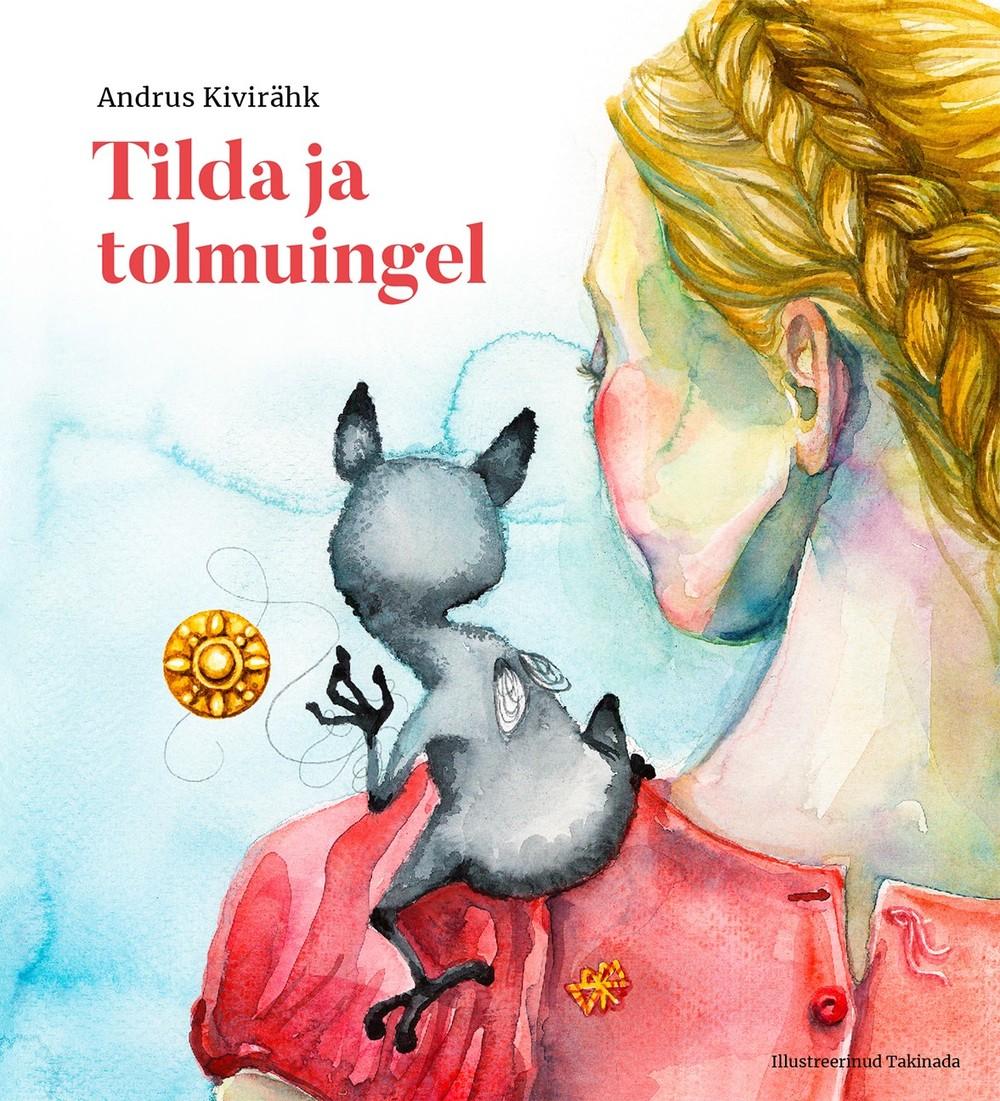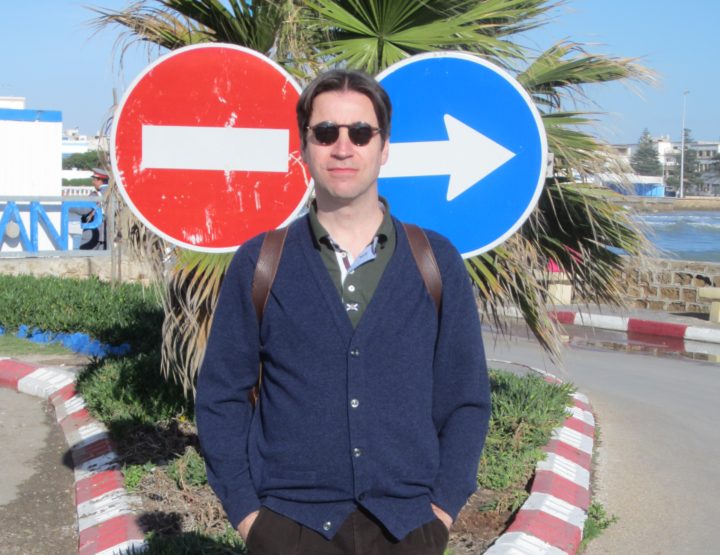FD Distribution, 2018. 144 pp.
ISBN 9789949724802
For anyone expecting to find Andrus Kivirähk’s usual mischievous humor imbedded with important messages in his new children’s book, get ready to recalibrate. The work primarily concerns important values (such as caring and memory); although the author certainly hasn’t completely pushed jokes and escapades to the side. At first glance, one might assume it’s yet another book that deals with children’s worries and woes. Tilda’s father has died, her mother is burying herself in work that she doesn’t actually enjoy, and nothing can seem to ease the pain in the young widow’s heart. At the same time, Tilda’s own heartache is more because she doesn’t have a single memory of her father. To make it worse, the girl’s mother refuses to share any of her own memories.
This is where dust intervenes: or, to be exact, a dust angel with the appearance of a cute little creature who suddenly materializes in the silence of their attic. The being thus explains its existence to Tilda: “‘I am dust,’ the little creature said, ‘which means I am also your father. I am everything that’s ever been, for nothing disappears without a trace. Everything remains. Everything turns to dust.’” The dust angel’s sageness is dampened by its weakness for buttons: it pilfers them anywhere it can, only to exchange old favorites for new ones without a shred of regret.
The invisible being’s touch can summon forgotten memories, a skill that turns out to be unexpectedly important and even thoroughly life-changing. This is precisely the mission and the goal of all dust angels: to preserve memories and remind people of them. Dark-skinned and curly-haired Köh, who spent his childhood in an orphanage, realizes that the customs and the tastes of his people live on within him. Miss Wilhelmine, whose grandparents’ house and land were bulldozed to make room for the inventor Abel Ragnarson’s factory, has unconsciously replicated her childhood when making her new home, though the result hasn’t brought her joy – that is, of course, until the dust angel reminds her that home is not only walls; home is people.
Tilda and the Dust Angel lacks classical villains. However, two worldviews do clash in the work: Ragnarson, an avid clean-freak, intends to liberate the whole city of dust. He reckons he can already remember everything of importance, such as mathematics and other “necessary” details. Whatever he doesn’t remember, he can find in a computer. Ragnarson doesn’t care for the times and peoples of old: to him, the past is boring, but a pure and dust-free (or memory-free) future is perfection. “I will change everything,” he declares. Estonia has also endured times when memories and remembering were condemned and even made punishable; when faces were turned towards a fortune awaiting in the future. Even today, a similar manner of thought seems to be gaining traction: that perhaps past times, people, and events can be forgotten because all that matters is what’s new. The idea that ever-smarter digital solutions can guarantee overall happiness.
Thanks to the dust angel, Tilda and her mother are able to reminisce about their late loved one together, the little boy Lucas finds out who he wants to be when he grows up, Köh regains the ability to taste, and Miss Wilhelmine opens a café instead of an electronics shop. Even Ragnarson and his factory, which ultimately explodes into smithereens, remain in a way. Everything that people remember continues to exist forever.
Krista Kumberg is a librarian and researcher of children’s literature. She has written essays for the collections The Gold Standard of Estonian Children’s Literature (2018), Estonian Children’s and Young-Adult Literature 1991–2012 (2014), The Children’s Literature Dictionary (2006), and is also the author of five books for toddlers and a drama collection.




